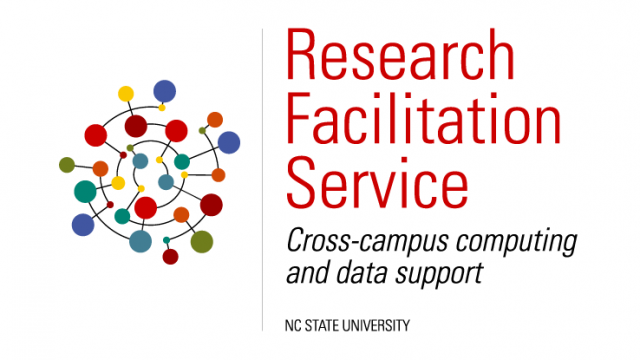Wrangling Data
Well structured and normalized data can greatly benefit data-driven analysis, research and storytelling. The NCSU Libraries can help you model, clean, join, and work with your data.
Modeling Data
- Structure your data with research outcomes in mind.
- Design a database to store and query complex data.
- Build taxonomies or other controlled vocabularies for efficient filtering and searching.
- Create an ontology to organize and build meaning with your data.
- Establish a metadata profile for your research project.
Cleaning Data
- Normalize messy data so that it’s easier to analyze and visualize.
- Transform data to meet different analysis and visualization needs.
Joining Data
- Join datasets into one corpus so that you have more data to crunch.
- Enhance your dataset by reconciling it against name registries like Wikidata to pull in more data.
Learn
Data and Visualization workshops, offered every semester at a variety of skill levels.
Access Lynda.com tutorials on data wrangling topics:
- Access 2019 Essential Training
- Designing Database Solutions for SQL Server 2016
- Data Wrangling in R
- Cleaning Bad Data in R
- Cleaning, Transforming and Prepping Your Data With Tableau Prep
Check out books in our collection on data wrangling topics:
- Data Modeling Essentials
- Data Wrangling with R
- Python for Data Analysis
- Semantic Web for the Working Ontologist: Effective Modeling in RDFS and OWL
Create
Access computers optimized for data-intensive work and equipped with software for data wrangling like OpenRefine in the Hunt Dataspace and Hill Data Experience Lab.
Get Help
Our librarians and Data Science Consultants are available to help with data modeling, data cleaning, data joining, and other tasks related to working with data. Email us if you have questions. You can also contact us via chat and Zoom appointments.
We offer data analysis and visualization instructional support for courses throughout the university.
Find, Analyze, and Visualize Data
The library provides access to a wide range of data resources and services, including guides to finding census data, political and social science data, and geospatial data.
We offer consultations, collaborations, and training in data analysis using languages such as R and Python, and statistical environments like Stata, SPSS, SAS. We can help with quantitative, qualitative, and geospatial data analysis.
A good data visualization can expose new patterns and relationships in your data and help you communicate about it more clearly. Contact us for help with data visualization.
Spaces
- Data Experience Lab (DXL), Hill Library
- Dataspace, Hunt Library

